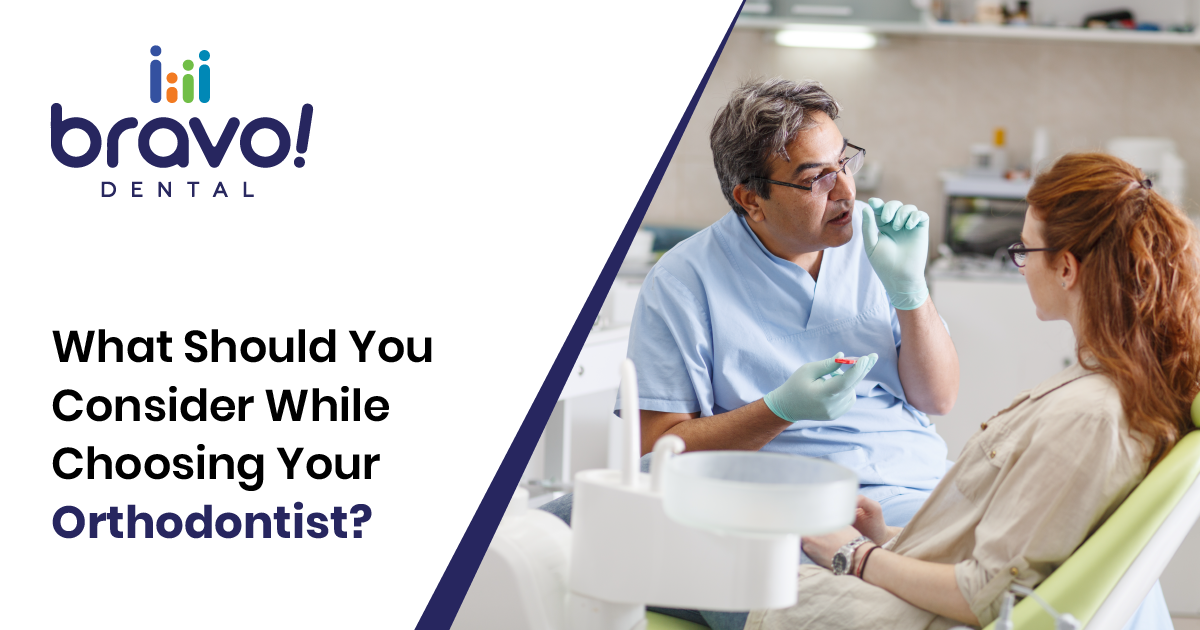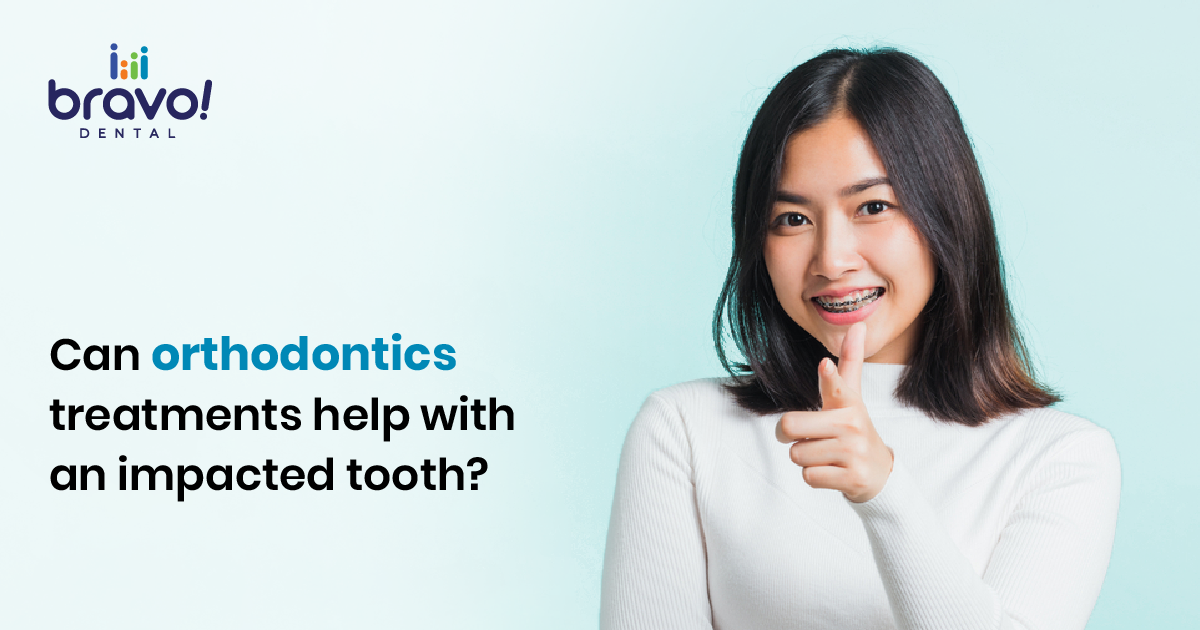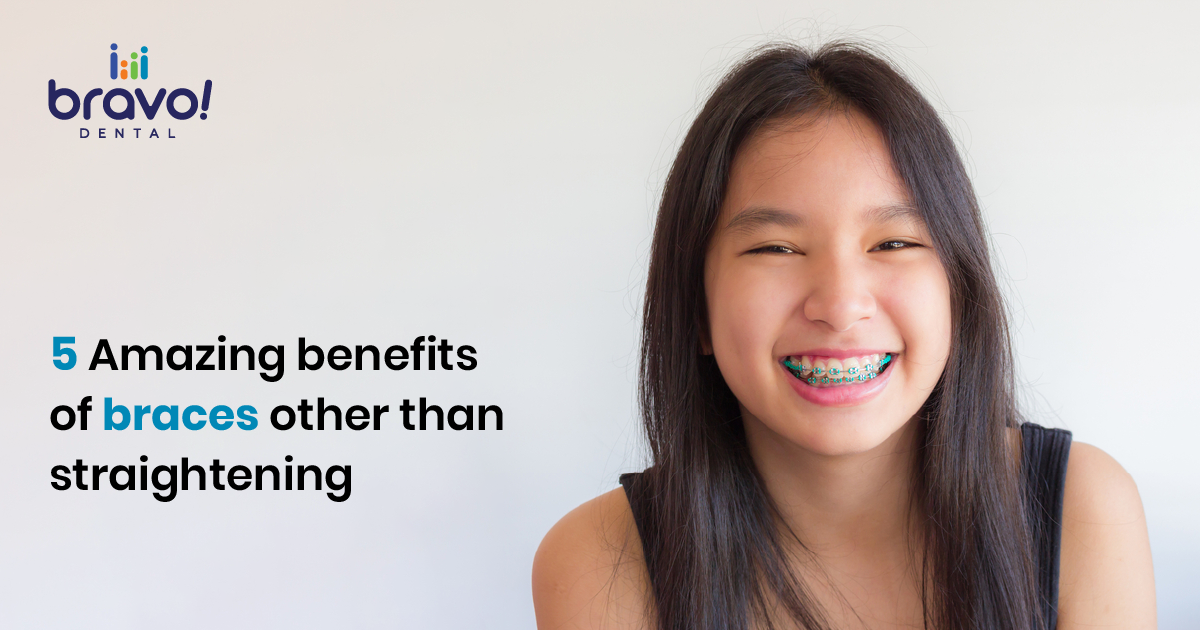Choosing an orthodontist is a significant decision that can impact your oral health and overall well-being. Orthodontic treatment is a long-term commitment lasting a few years, so making an informed choice is essential.
10 Key factors to consider before selecting your orthodontist
1. Qualifications:
The first and most crucial factor to consider is the orthodontist’s qualifications and credentials. Orthodontists should be board-certified and licensed to practice in your area. Check for their certifications and verify their credentials to ensure you are in the hands of a qualified professional.
2.Experience:
Experience matters when it comes to orthodontic treatment. An experienced orthodontist is more likely to handle complex cases effectively and have a track record of successful treatments. Don’t hesitate to inquire about their years of practice.
3. Treatment Options:
Orthodontics has evolved significantly over the years, offering various treatment options, from traditional braces to clear aligners. Your orthodontist should provide a range of treatment options and be knowledgeable about the latest advancements in the field. They should be able to recommend the most suitable treatment for your specific needs.
4. Personalized Care:
Every patient is unique, and their orthodontic needs differ. A good orthodontist will thoroughly examine and create a personalized treatment plan tailored to your specific condition and goals. Avoid orthodontists who offer one-size-fits-all solutions without a comprehensive assessment.
5. Technology and Equipment:
Orthodontic technology has come a long way, making treatments more comfortable and efficient. Ask about the technology and equipment the orthodontist uses in their practice. Advanced technology can lead to shorter treatment times and better results.
6. Office Environment:
The atmosphere of the orthodontist’s office is essential for your comfort and peace of mind during your treatment journey. Visit the office beforehand to assess its cleanliness, organization, and overall ambiance. Friendly and helpful staff can also contribute to a positive experience.
7. Costs and Insurance:
Orthodontic treatment can be a significant financial commitment. Before deciding, discuss the costs and payment options with the orthodontist’s office. Ask if they accept your dental insurance and offer any financing plans. Understanding the financial aspect of your treatment is crucial for planning and budgeting. Bravo! Dental’s Happy Bravo! Family plan is only $65/year for your entire family. This and many other comprehensive membership and dental plans not only provide a range of benefits but also presents significant cost-saving opportunities for you and your family.
8. Patient Reviews:
Reading reviews and testimonials from current and former patients can provide valuable insights into the orthodontist’s reputation and the quality of care they provide. Online reviews, as well as recommendations from friends or family, can help you gauge patient satisfaction.
9. Location:
Look for the location and accessibility of the orthodontist’s office. Regular orthodontic appointments are necessary throughout your treatment, so choose an orthodontist with a conveniently located office with suitable office hours.
10. Consultation:
Finally, schedule a consultation with the orthodontist before making your decision. During this initial meeting, you can discuss your concerns, treatment options, and any questions. Pay attention to how the orthodontist communicates and whether you feel comfortable with them.
In conclusion, choosing the right orthodontist is a significant decision that can impact your oral health and overall well-being. Take the time to research and consider the factors mentioned above before making your choice. Remember, a qualified and caring orthodontist can make your dental journey comfortable. And one place to find an orthodontist with all these is Bravo! Dental.



